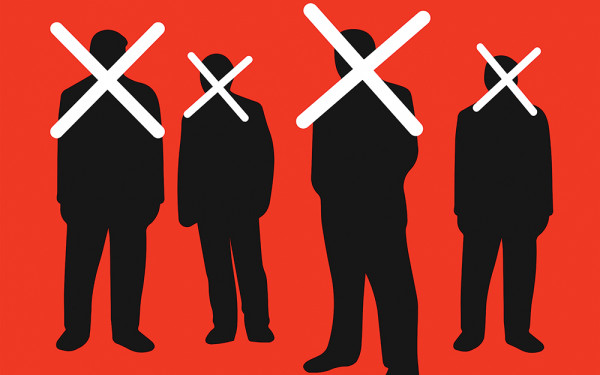Author Remi Kanazi Speaks at McGill on Injustice in Palestine
Standing together against social injustice is the key to social change, according to the poet, activist, and author Remi Kanazi.
Melding art with activism, Kanazi performed his poetry and spoke passionately about the social and political injustices Palestinians face during his lecture at McGill’s SSMU ballroom on Oct. 31.
“If Palestine is liberated tomorrow,” said Kanazi, “there’s still a hell of a lot of work we’re going to have to do all around the world.”
This fight is not just for Palestine, Kanazi explained, but for all of the injustices that are prevalent in today’s society.
“While we are against oppression in Palestine,” said Kanazi, “we are against oppression everywhere.
“After 9/11, there was a systematic dehumanization of the Arab and Muslim male,” Kanazi explained. “We don’t have to go overseas to see militarism in action.”
Kanazi shed light on Western society’s response to Taliban terrorism on American soil. “It is so much easier to drop that bomb, to pull that trigger, and to occupy that village,” said Kanazi, than to think about the thousands of victims who are caught in the crossfire.
“We’ll worship American idols, but we have no value for human life,” Kanazi said during his poem, “Before the Machetes are Raised.”
Kanazi’s poetry, which has grown in popularity over the recent years, confronts the injustices faced by Palestine and its citizens.
As the son of two Palestinian refugees, Kanazi has experienced oppression and racism in North American culture firsthand.
“Racism often comes in nice packing,” Kanazi told the crowd. “Don’t close your eyes to neoliberalism.”
Kanazi urged spectators to support bills which stipulate Israeli divestment everywhere that the issue pertains, including the boycott, divestment and sanctions bill which has increasing support at Concordia.
In his poem “Refugee,” Kanazi showed how racism can be found everywhere, from universities to corporations to governments. He urged the audience to push back against this oppression.
“Those small steps do create a big wave,” Kanazi said as he concluded his poem “Normalize This.”
Kanazi ended his presentation with the performance of three poems from his latest publication “Poetic Injustice” and a question and answer period.




_600_375_90_s_c1.jpg)


